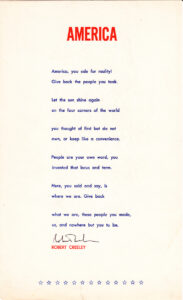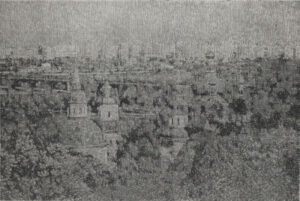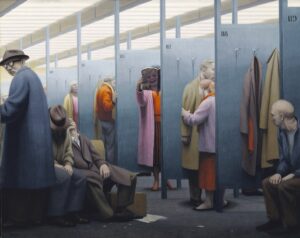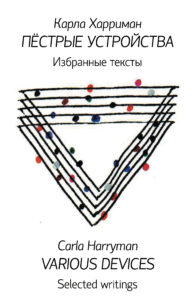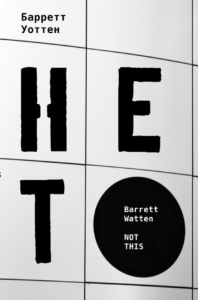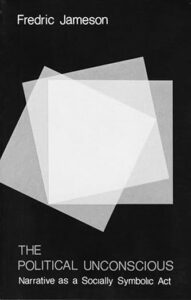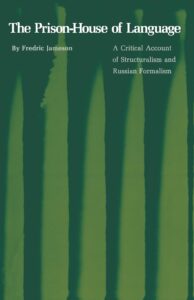For its pedagogical interest, I want to document the 23 seminars and 1 proto-seminar that I taught at Wayne State University since 1995. The seminars build on a series of dialectical faultlines, from the first offerings on the avant-garde and social modernity; literary subjectivity and language; cultural studies and poetics; social form and literary agency; to the crisis of modernity and the subject. The arrival of the New Modernist Studies offered a disciplinary framework for this sequence, followed by twin historical critiques of the avant-garde and postmodernism. As the series developed, I tried to construct spaces that would unite critical thinking and poetry. The series provisionally concluded in 2018 after three seminars that pushed toward new approaches at a moment of increasing crisis in the university: “The Poetics of Value”; “After the End of History”; and “Questions of Unreason.” While it was not a foregone conclusion that this level of ambition could not continue, it is now now time to look back and imagine what the prospects of this pedagogical endeavor may have been, what they were as they unfolded, and what they still might be.
1. ENG 7004 / Fall 2018 / Theoretical Issues in Cultural Studies: “Questions of Unreason in Modern Cultures” (https://bit.ly/2vgHFYL)
This seminar will bring together several interrelated areas of inquiry: 1) critical and psychoanalytic theories that address the genesis and form of “unreason” in modern culture and public art, including Critical Theory after Dialectic of Enlightenment and The Authoritarian Personality and psychoanalytic theory from Freud to Žižek; 2) theories of language and the public sphere from Habermas to ideology criticism; 3) theories of populism, racism, xenophobia, fascism, and gender and class antagonism; 4) popular movements that are relevant to these theoretical approaches, from hyper-nationalism to fascism, populism, and authoritarianism; and 5) works of modernism and the avant-garde that reflect on, diagnose, or exemplify questions of public unreason, from surrealism to the present. [See https://bit.ly/2vgHFYL]
2. ENG 8004 / Winter 2018 / Seminar in Literature and Culture after 1870: “2049: Historicizing the Present After the End of History”
The release of Blade Runner 2049 offers a chilling register of the global present and its dark futurity. This seminar will take the questions explored by the film, in relation to its postmodern progenitor Blade Runner (1982/1992), and explore the historical present through a series of dystopian registers. These will include global capitalism, democracy, and authoritarianism; climate change and ecocide in the anthropocene; the man/machine interface in ever advancing forms of digital technology; new class formations and urbanization; gender, sexuality, and the decline of patriarchy; war and the fragmented body; and new forms literary and artistic representation and response, both mimetic and antimimetic.
3. ENG 7033 / Winter 2017 / Postmodernism and Postmodernity: “The Poetics of Value: Modernity, Crisis, and the Work of Art”
We are constantly reminded in public discourse that our “values” have deteriorated and that we are living in a state of “valuelessness” that requires drastic measures. This seminar will take up the relation of values as represented in works of art to underlying forms of value and valuation they depend on—from aesthetic to moral to political to economic. Putting the question of value to works of art and cultural production, we will read a wide range of genres and text—literary, visual, and cinematic—with major theorists of value from Kant to contemporary Marxism. The seminar will begin with questions of aesthetic and moral values and valuation but will look forward to the turn to political economy and critique of modernity that emerged after the financial crisis of 2008, broadening it to include the “making” of value in an economic sense as a question of poetics and the valuation of the work of art.


